First of all—I’m happy to be back on the blog and sharing my work. I’ve taken time away from sabbatical, and over the next few weeks I’ll be sharing big events and projects coming up. But I wanted to kick off this post-sabbatical post by sharing what I’m up to at the Southeastern Association of Law Schools 2017 Annual Conference (SEALS).
So, I’m writing this from 30,000 feet as I look out of the window over the Florida coastline. I can see ocean, beach, and clouds, and my first reaction is—sun, shore, and scholarship—three of my favorite things.
My second thought: I’m flying into a tropical storm!
The delays caused by the storm have been minor, the storm should cross over today and move out tomorrow, so I’m hoping it will not dampen what promises to be an exciting conference. (And frankly, after attending these for years, I thought it only a matter of time before hurricane season caught up with a conference usually held in Florida in August!)
I wanted to highlight specifically the discussion groups and panels I’ll be involved in—if you can make it through the rain, stop by and dry off.
My SEALS Conference Schedule, In Brief
Monday, July 31
- 3:00 PM: Beyond the Socratic Method in Trusts and Estates
Thursday, August 3
- 9:00 AM: Reforming the Presidential Selection Process
- 1:00 PM: Inside the Mind of the Outside Reviewer
Saturday, August 5
- Book Projects and Publication in Election Law
SEALS: The Details
Today – Monday, July 31 – at 3:00 PM, I will be participating in a discussion group on teaching innovation in Trusts & Estates Law. In particular, I hope to discuss my work regarding how I have used social media and outside-the-box teaching materials to enliven my intro Trusts & Estates class. Here’s the abstract:
WORKSHOP ON TRUSTS AND ESTATES
Discussion Group: Beyond the Socratic Method in Trusts and Estates
Many trusts and estates courses have historically focused their teaching techniques on the traditional Socratic method, and much of trusts and estates scholarship has focused on the development of doctrine within the field itself. This discussion group will explore pedagogy that is expanding the ways of teaching and studying trusts and estates and related doctrines. The discussion group will address: 1) innovations in teaching, including both skills and doctrine; and 2) incorporating concepts from Elder Law, Family Law, Property, and Professional Responsibility into Trusts and Estates — and vice versa.
I will be presenting at two events on Thursday, August 3:
First, at 9:00 AM, I will be discussing my proposal for a National Primary Day (to unify all primaries on one day) as a means to improve the presidential nomination and selection process. This is part of the Constitutional Law Workshop sponsored by SEALS:
WORKSHOP ON CONSTITUTIONAL LAW
Discussion Group: Reforming the Presidential Nomination Process
This panel discusses the nature of the presidential nomination process and how it might be changed, improved, or reformed. Presidential candidates are winnowed though party primaries, and this winnowing process is controlled by the two major political parties, receiving little influence from ordinary voters and citizens. The timing of our presidential primaries, how our party primaries are conducted, how party convention delegates are chosen, and how the votes of delegates are counted are all issues that parties decide on their own. This panel examines the presidential nomination process, how it unfolds, the role that political parties play in it, and how American citizens might have more of an influence over it going forward.
Second, at 1:00 PM, I will be discussing the Promotion and Tenure process on a panel entitled “Inside the Mind of the Outside Reviewer.” The goal of our workshop is to give attendees a perspective on the process of and importance of the external review process to the overall process of gaining tenure and promotion. Read more in the abstract:
NEW SCHOLARS WORKSHOP
Inside the Mind of the Outside Reviewer
In the promotion and tenure process, mentors stress to junior faculty the need to create a scholarly agenda, to find an original niche in their field, and to place their work well. However, what is not often discussed is one very important data point in the tenure decision, the external reviewer. This panel will discuss the role of the external reviewer in the tenure process, the expectations that external reviewers have, and the strategies that pre-tenure faculty can implement early on to succeed in this critical part of the tenure evaluation process.
Saturday, August 5 at 1:00 PM, I’ll be moderating a discussion group on current book projects in the Election Law field. (I will be presenting my book proposal on voter fraud ideology and American democracy).
DISCUSSION GROUP
Book Projects and Publication in Election Law
As the recent election cycle has shown, issues surrounding election law remain germane to the public concerning the American political process. Election law, as a field, has continued to address these issues through not only scholarship and public intellectual engagement, but also through historical and contemporary book-length works that have examined key cases and issues in the field. This discussion group explores the development of this branch of book-length election law scholarship and provide an opportunity for election law scholars currently working on book-length projects to discuss their current work.
And in the coming days and weeks, I’ll write more about my book and other ongoing projects (including my Boden Visiting Professorship at Marquette University and [new addition] my upcoming TEDx talk this November. Stay tuned!
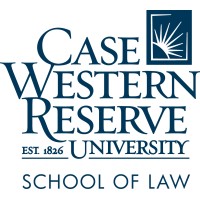


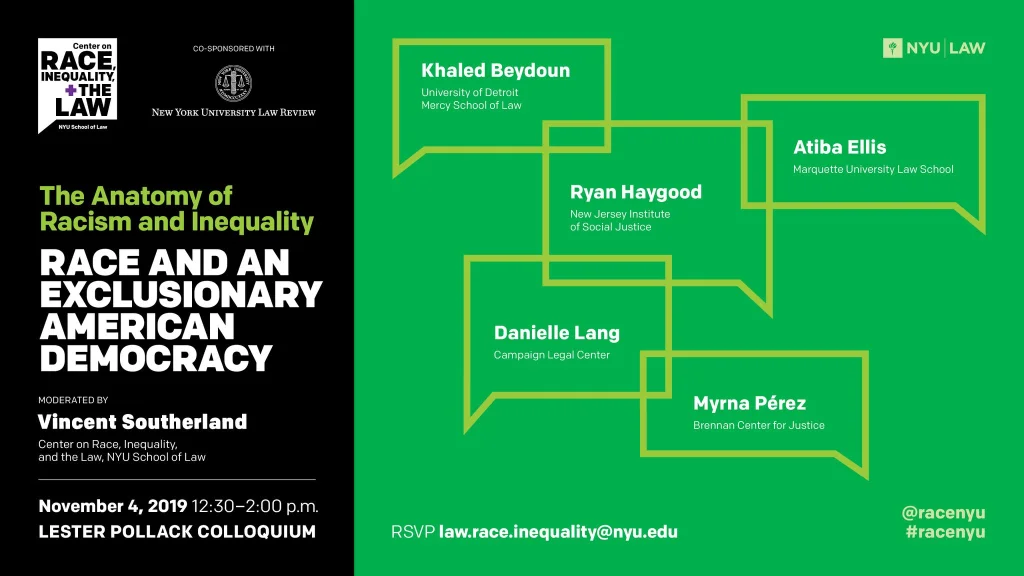
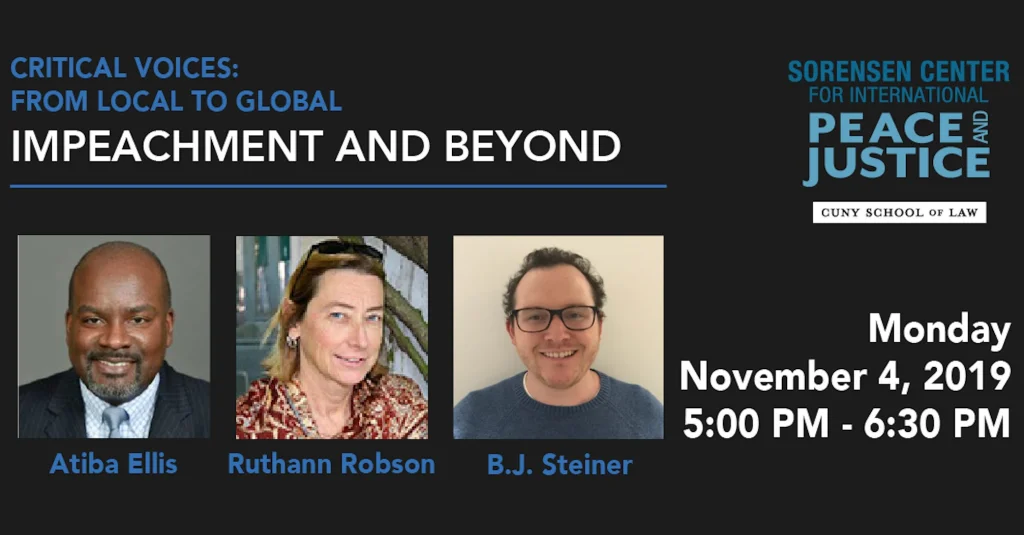
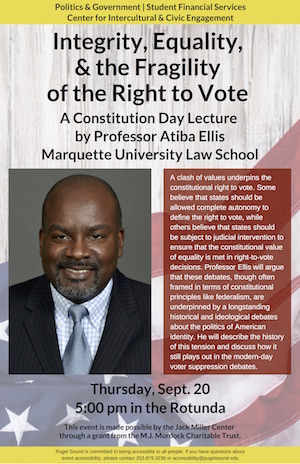 At the heart of the modern battles over the American right to vote is a tension between two constitutional values. On one side is the original Constitution and the autonomy it grants the states over the franchise. On the other are the Reconstruction Amendments and the modern demands for equality. With few textual caveats, the Constitution of 1789 gave states near-autonomy to shape the right to vote. Many states did so in a way that reflected an antebellum vision of citizenship rooted in popular (in its time) eighteenth-century notions of status, wealth, and identity—a definition that excluded many. This value of autonomy, and the social ordering underlying it, continues to influence the modern contours of voting rights despite the social transformations the United States has undergone. Yet these movements toward social transformation put the value of autonomy in tension with the value of equality, so that within a generation of the framing of the Constitution, the identity of the American citizen became a contested concept. This contest led to the post-Civil War amendment of the Constitution to include doctrines geared towards citizenry equality and the practice of federal intervention to insure enforcement of those doctrines. Thus, from a modern perspective, equality of citizens has become an important (and some may argue more important) a value as state autonomy. Yet this proposition remains a contested concept measured against the value of state autonomy. Thus, state autonomy (and its use to hold to the arguable residuary of an antebellum social order) and post-Reconstruction equality (and its use to form a new social order) continue to be at odds. This talk will offer perspectives on this competition of values within the right-to-vote context and describe how these tensions play out in the modern-day voter suppression debates.
At the heart of the modern battles over the American right to vote is a tension between two constitutional values. On one side is the original Constitution and the autonomy it grants the states over the franchise. On the other are the Reconstruction Amendments and the modern demands for equality. With few textual caveats, the Constitution of 1789 gave states near-autonomy to shape the right to vote. Many states did so in a way that reflected an antebellum vision of citizenship rooted in popular (in its time) eighteenth-century notions of status, wealth, and identity—a definition that excluded many. This value of autonomy, and the social ordering underlying it, continues to influence the modern contours of voting rights despite the social transformations the United States has undergone. Yet these movements toward social transformation put the value of autonomy in tension with the value of equality, so that within a generation of the framing of the Constitution, the identity of the American citizen became a contested concept. This contest led to the post-Civil War amendment of the Constitution to include doctrines geared towards citizenry equality and the practice of federal intervention to insure enforcement of those doctrines. Thus, from a modern perspective, equality of citizens has become an important (and some may argue more important) a value as state autonomy. Yet this proposition remains a contested concept measured against the value of state autonomy. Thus, state autonomy (and its use to hold to the arguable residuary of an antebellum social order) and post-Reconstruction equality (and its use to form a new social order) continue to be at odds. This talk will offer perspectives on this competition of values within the right-to-vote context and describe how these tensions play out in the modern-day voter suppression debates. It is this right that makes the US a democratic form of government, it is this right that is, in the words of the Supreme Court, “preservative of all other rights.”
It is this right that makes the US a democratic form of government, it is this right that is, in the words of the Supreme Court, “preservative of all other rights.”
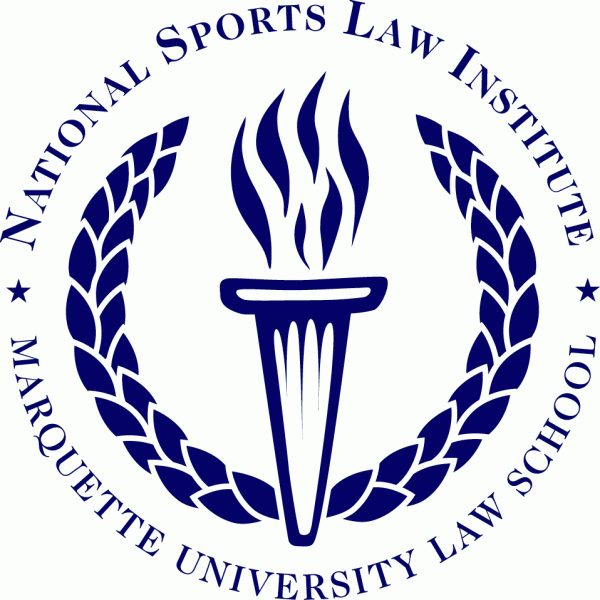
 TEDxOshkosh performance: Using Memes to Break Out of Voter Fraud Talk
TEDxOshkosh performance: Using Memes to Break Out of Voter Fraud Talk
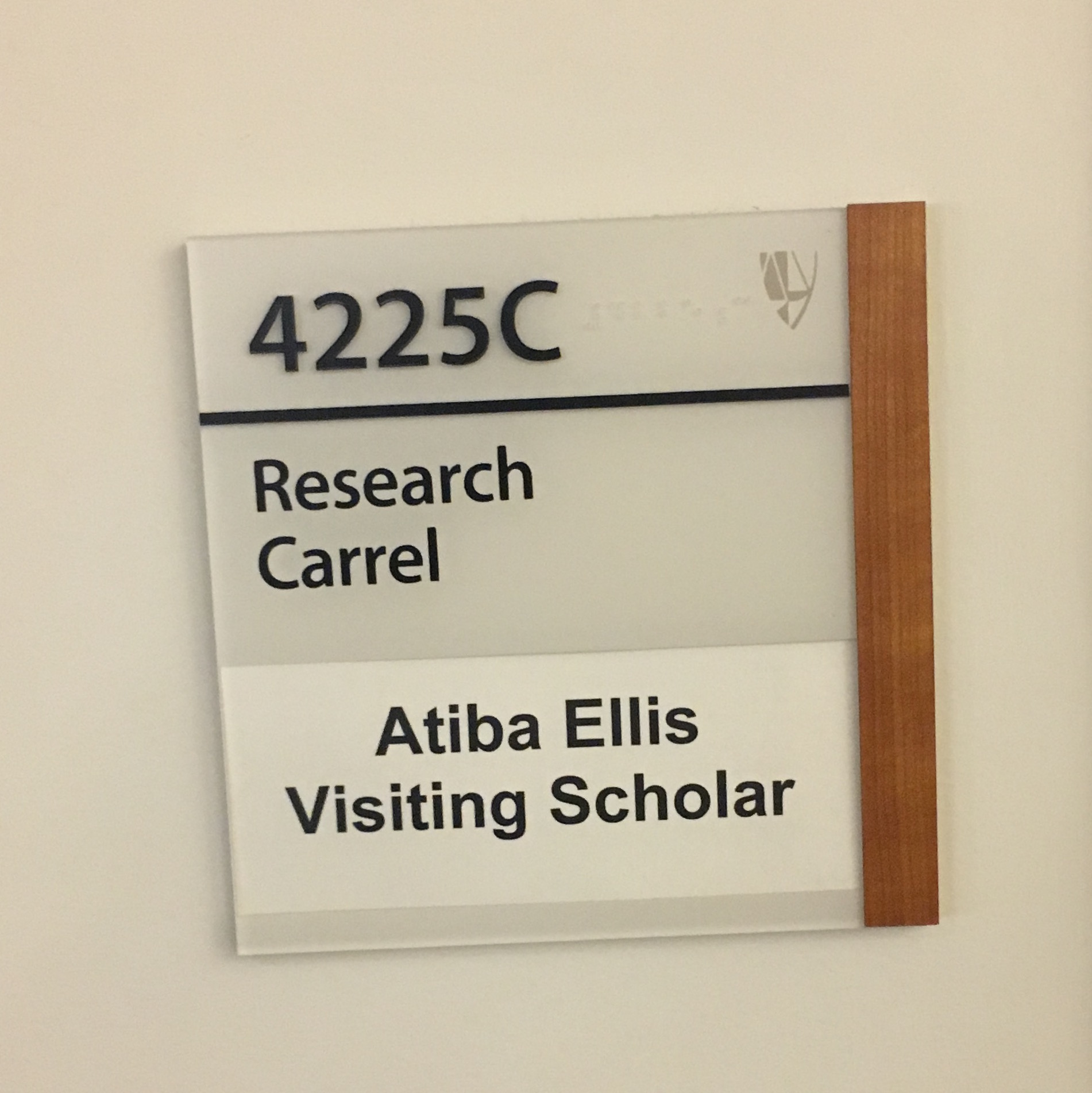



 forward to reflecting on the open, online
forward to reflecting on the open, online